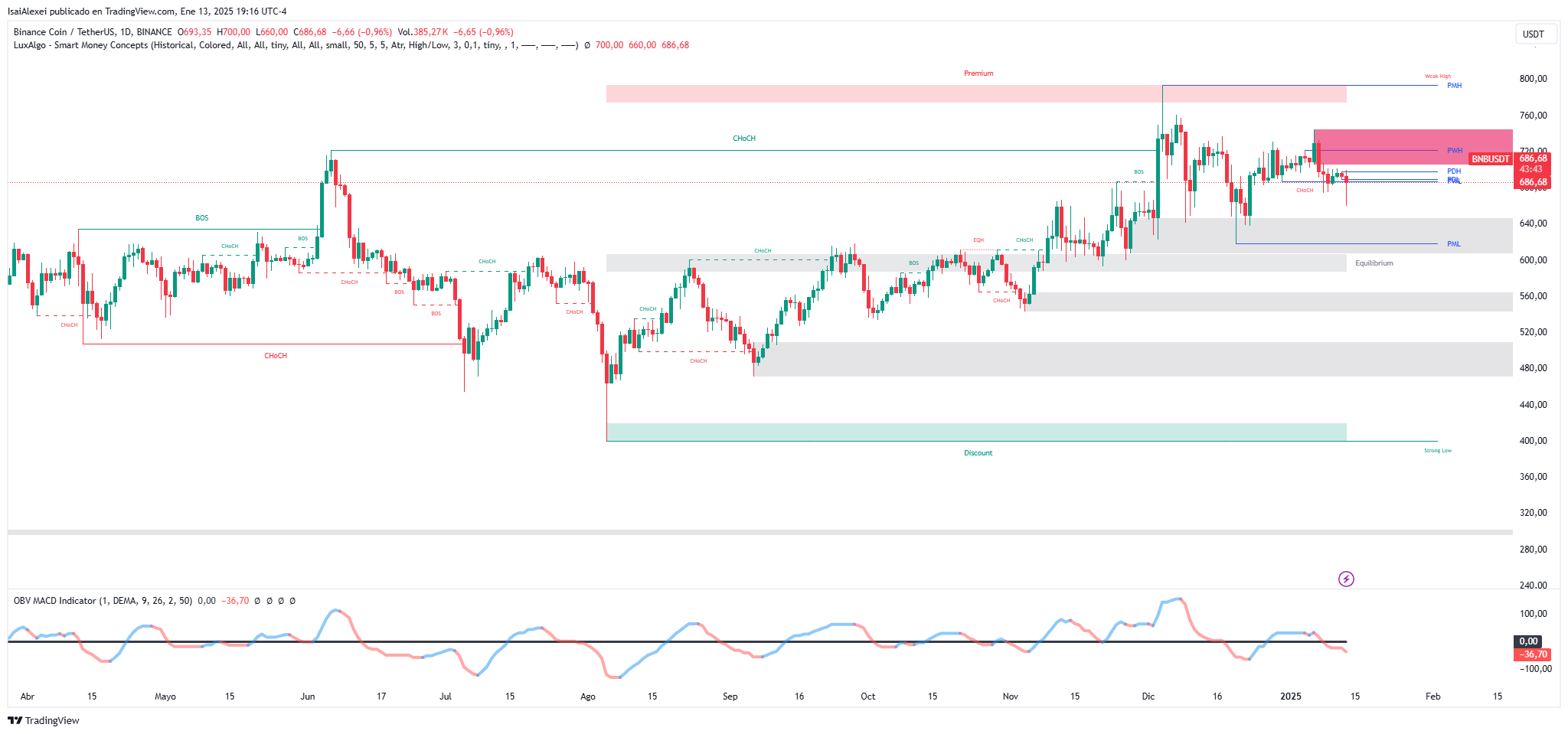Legal Tensions Escalate as Binance Faces Renewed Securities Case
- The Supreme Court’s decision keeps Binance entangled in a securities lawsuit, reinforcing U.S. jurisdiction over offshore crypto platforms.
- Regulators are intensifying scrutiny on centralized exchanges, challenging claims that foreign platforms are beyond U.S. legal reach.
The U.S. Supreme Court’s refusal to hear Binance’s appeal marks a critical moment in the legal battle surrounding offshore cryptocurrency exchanges and U.S. securities regulations.
With this decision, Binance remains entangled in a class action lawsuit that could shape how foreign digital asset platforms interact with American markets.
The case has reignited debates over the extraterritorial application of U.S. securities laws, particularly in situations where transactions occur across multiple jurisdictions.
Binance’s legal team previously argued that its operations fell outside U.S. regulatory reach, yet the courts have signaled otherwise, raising broader implications for the crypto industry.
What Binance’s Legal Challenges Mean for the Crypto Industry
This legal battle underscores the growing scrutiny on centralized exchanges, especially those that have historically operated with minimal regulatory oversight. While Binance has asserted that its global presence exempts it from U.S. jurisdiction, financial regulators continue to challenge such claims.
The lawsuit, originally dismissed due to timing issues, was later revived based on the argument that domestic infrastructure played a role in executing transactions.
This aspect could have long-term consequences, as it suggests that even offshore platforms could be held accountable under U.S. securities laws if transactions involve U.S.-based servers, banking systems, or financial intermediaries.
Regulatory Impact: The Cross-Border Crypto Compliance
Crypto exchanges that previously relied on decentralized operational structures to avoid regulatory oversight may now need to rethink their compliance strategies. This shift could prompt exchanges to adopt stricter transparency measures, align with national securities laws, or restructure their services to mitigate legal risks.

BNB (Binance Coin) is currently trading at $684.51, reflecting a 0.99% increase in the last 24 hours. Its market capitalization stands at $98.57 billion, with a 24-hour trading volume of $2.11 billion, marking a 64.79% increase. The circulating supply is 144 million BNB, with no fixed maximum supply.
BNB continues to strengthen its ecosystem and adoption, with recent developments including Binance Labs’ expansion of the BNB Chain, integrating AI and zero-knowledge (ZK) technology to improve scalability.
Additionally, BNB Chain has extended its Gas-Free stablecoin transactions campaign until March 2025, aimed at boosting DeFi adoption.
Institutional interest is also rising, with Bhutan’s Gelephu Mindfulness City planning to integrate BNB into its financial reserves by 2025 for economic diversification.
From a technical perspective, BNB is currently testing resistance at $690 – $700. If it successfully breaks above this level, the next upside target could be $725 – $750.
However, failure to hold current momentum could result in a retracement toward $670 – $675, with stronger support at $650. On-chain metrics suggest increasing accumulation, indicating strong buying interest at key support levels.
The post Legal Tensions Escalate as Binance Faces Renewed Securities Case appeared first on ETHNews.
免責聲明:投資有風險,本文並非投資建議,以上內容不應被視為任何金融產品的購買或出售要約、建議或邀請,作者或其他用戶的任何相關討論、評論或帖子也不應被視為此類內容。本文僅供一般參考,不考慮您的個人投資目標、財務狀況或需求。TTM對信息的準確性和完整性不承擔任何責任或保證,投資者應自行研究並在投資前尋求專業建議。
熱議股票
- 1
- 2
- 3
- 4
- 5
- 6
- 7
- 8
- 9
- 10